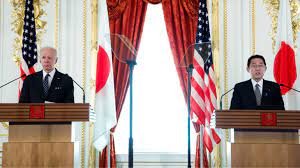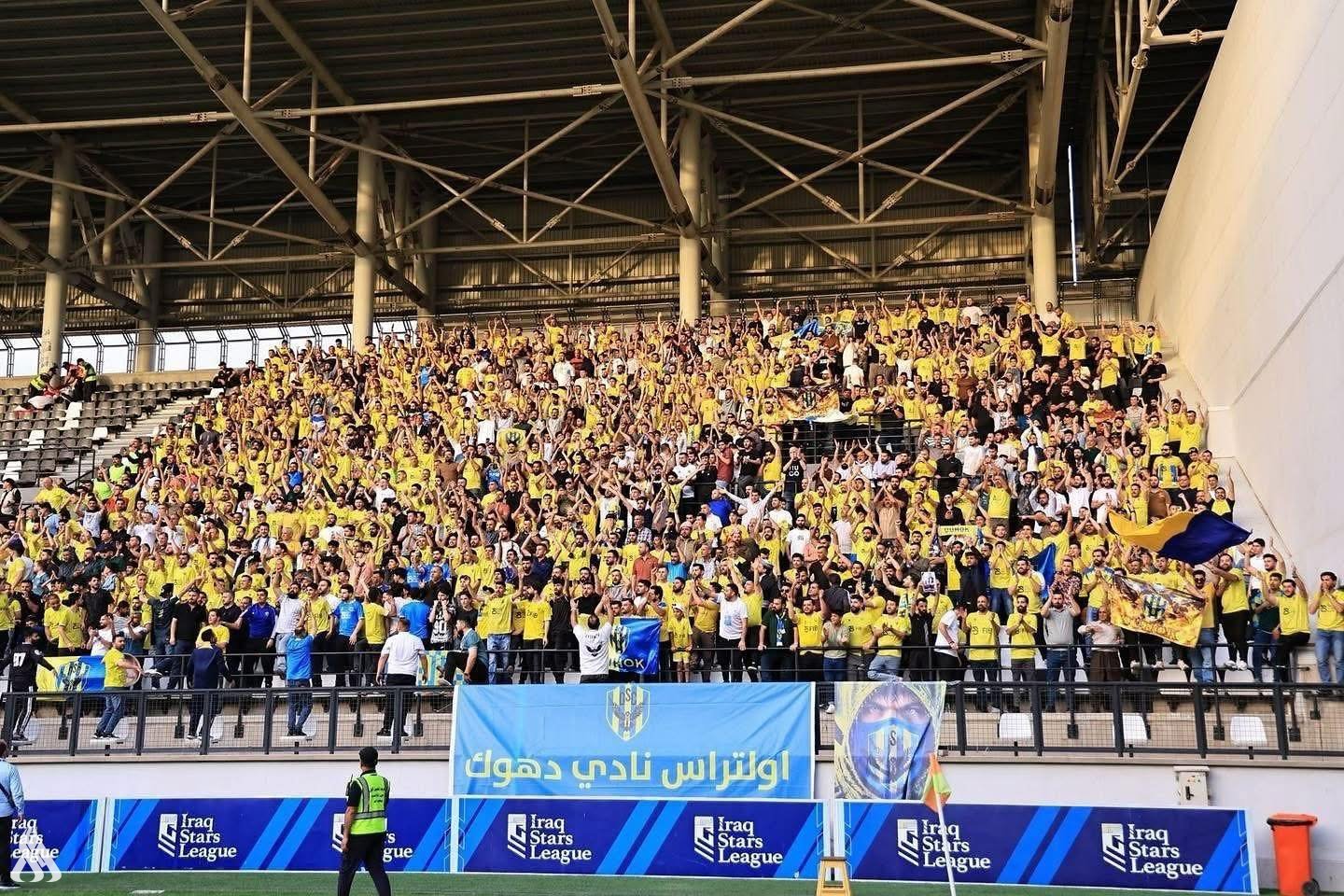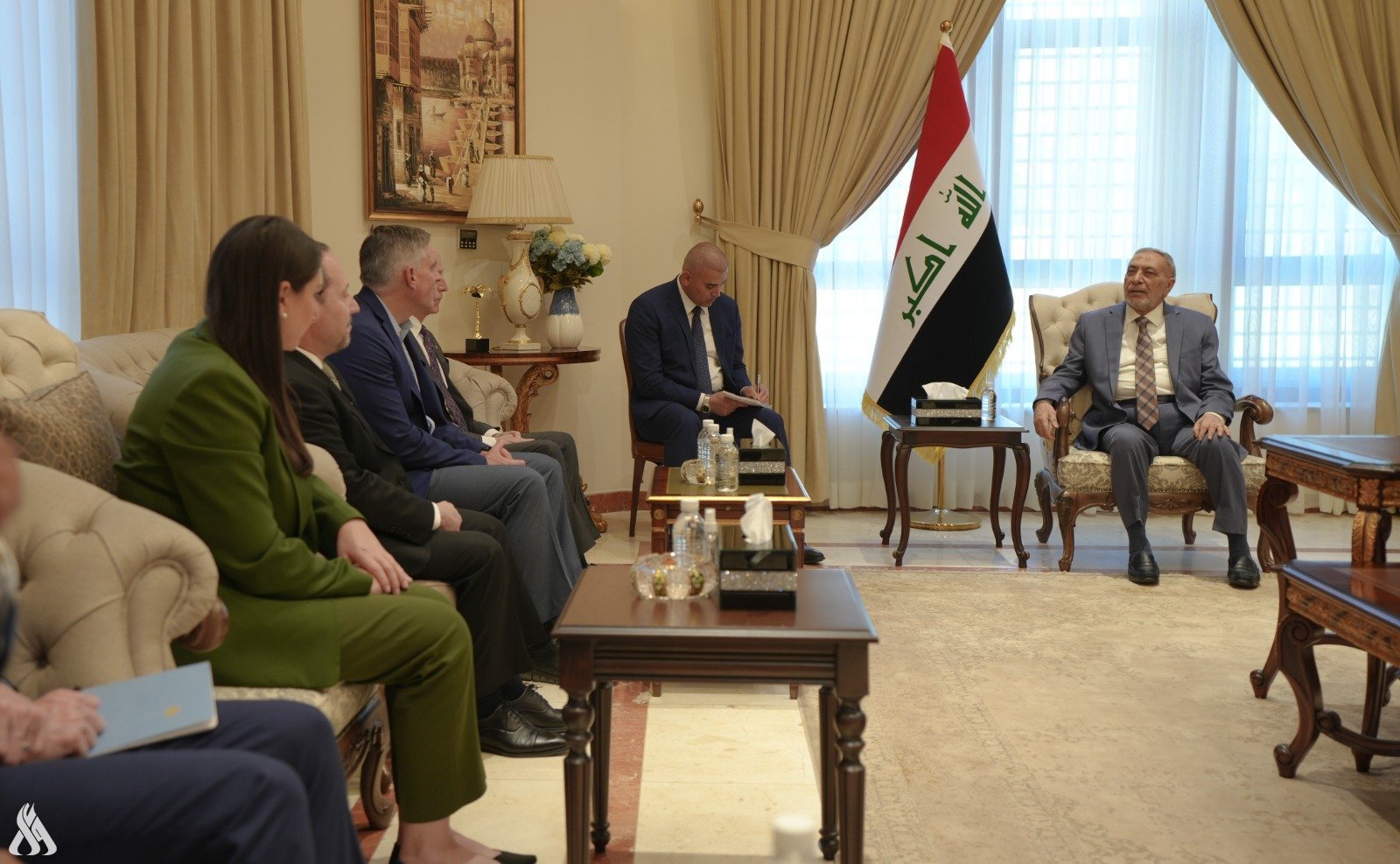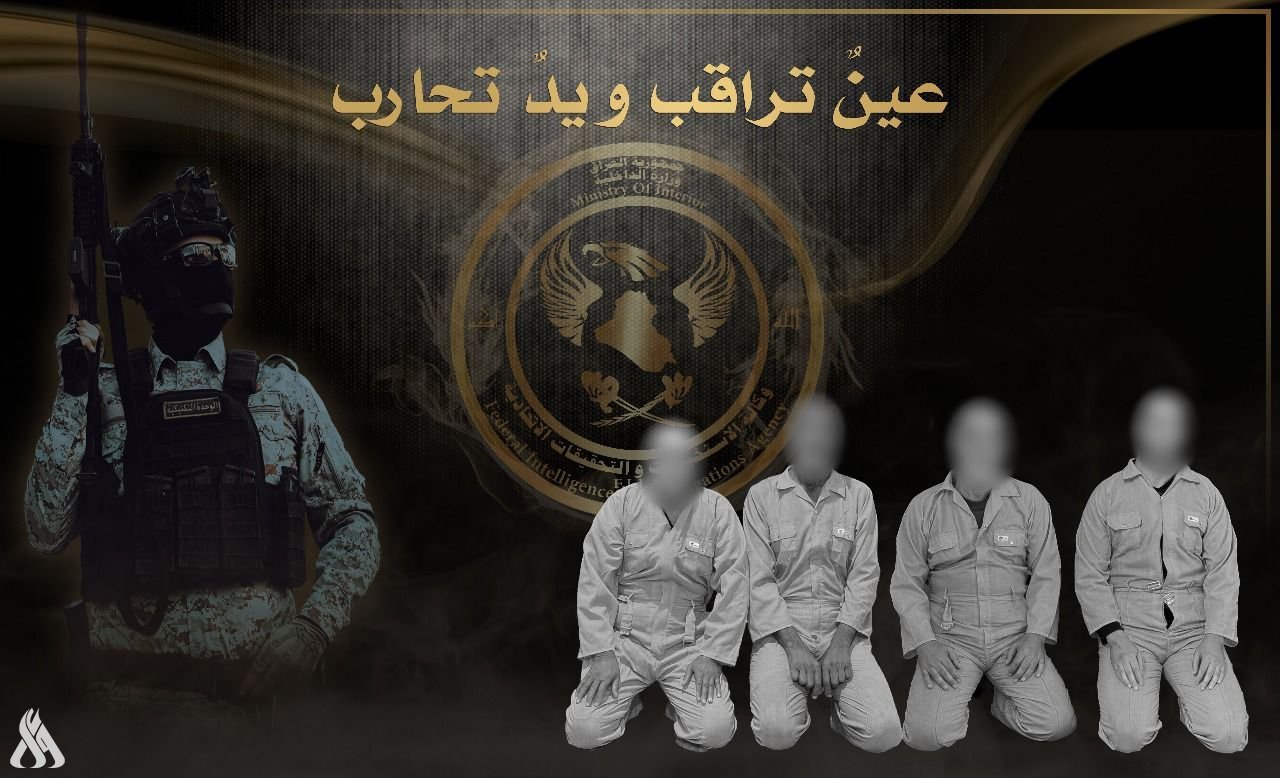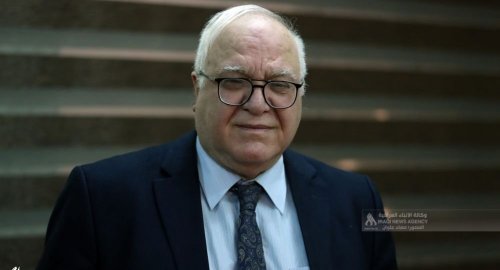
The government worked in two directions to defend economic stability: Advisor to the Prime Minister

- 15-11-2023, 12:34
INA- Baghdad
The financial adviser to Prime Minister Midher Muhammad Saleh said on Wednesday, that the government worked in two directions to defend economic stability, while pointing out that the country's foreign currency reserves are the largest in Iraq's financial history, and the exchange rate treatment package aims to prevent profiteering at the expense of economic stability.
Saleh said, to the Iraqi News Agency (INA) that "The country's foreign currency reserves are the largest in Iraq's financial history and more than 100 billion dollars, as it constitutes the central reserve portfolio of Iraq,” adding that "The high commercial efficiency of the country's foreign currency reserves enjoys its highest benchmark indicators for a period of more than (fifteen months of trade), while the global standard is about (three months).”
He added that “There is a demand for cash dollars to finance trade operations of very specific commodities that do not exceed five commodities, and forces from within the market are trying to shop with them from outside the formal commercial mechanisms by resorting to obtaining cash dollars from the parallel market (a market that constitutes only 10% of the demand for foreign currency and intended for travel purposes outside the country) to finance their informal trade."
The State is currently undertaking a policy of defending economic stability, especially in providing sufficient commodity supply of goods that directly affect the life of citizens at moderate prices, financed at an exchange rate of 1320 dinars per dollar at all times and in two directions: the first: providing additional food and pharmaceutical baskets, supporting construction baskets and high-demand spare parts and selling them at the stable official exchange rate through the mechanism of cooperation between commerce of the state and the national private sector, and the second: The Monetary Authority adopts new mechanisms by providing liquid foreign currencies in addition to the dollar currency (and from a basket of various foreign currencies) to meet the needs of travel according to the traveler's destination, especially for Hajj, Umrah and tourism in its various aspects and for various neighboring and distant countries, in addition to facilitating the use of payment cards with very high flexibility.
He pointed out that "the policy package aims to contain the noise issued by foreign currency speculators in the parallel market in order to profit at the expense of economic stability," noting that "the basic directions in economic policy are currently by isolating the effects of the parallel or black market and the limitation of its illegal activities from the stability of the overall price system in the country."
Iran: Second round of talks with US to be held in Rome
- International
- 04:41
Duhok of Iraq and Qadsia of Kuwait match kicks off
- Sport
- 25/04/15
Four Daesh terrorists detained in Salahuddin
- Security
- 25/04/14
Vinicius is harshly criticized by Real Madrid fans
- Sport
- 25/04/12
Date Set for 'El Clasico' Final of the Copa del Rey
- Sport
- 25/04/12

